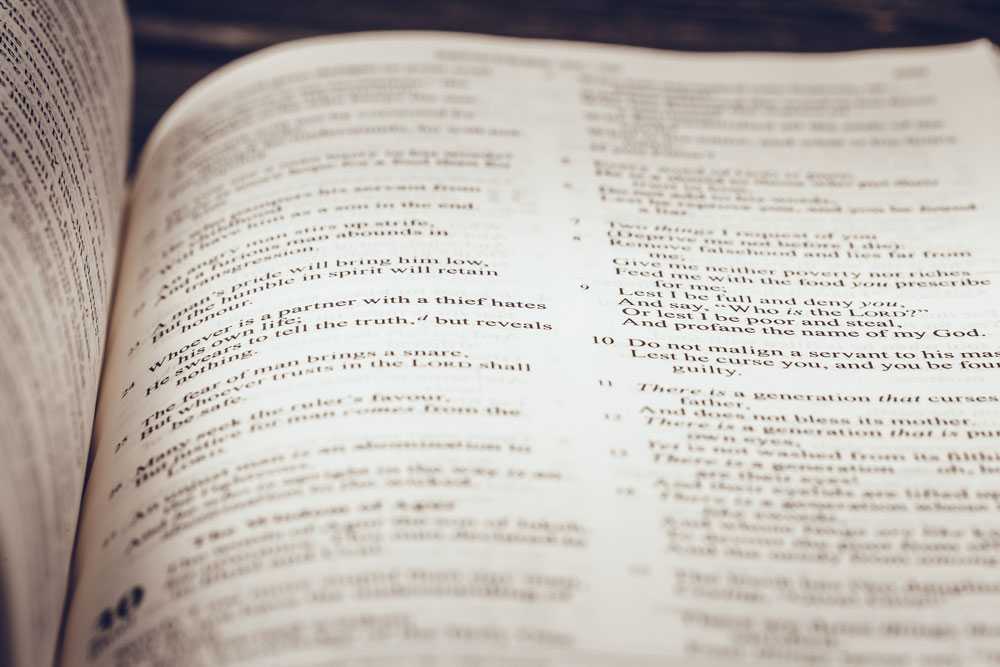ANSWER:
Today it is customary for many Jews to reckon the first two days of Unleavened Bread as Holy Day Sabbaths. This is followed by the next annual Sabbath – the Last Day of Unleavened Bread – on which they tack on another Sabbath. This is repeated with Pentecost when two days are celebrated, not one. They do the same on the feast of Trumpets. So it is on the first day of the Feast of Tabernacles, and the Last Great Day also. The Day of Atonement, on the other hand, is reckoned as only one day.
Where do the Jews get authority for doing such things? There is certainly nothing in the Word of God to support these additions. The Jews give their own explanation:
“At the time of the Second Temple (the time of Christ), when the Sanhedrin announced the beginnings of the months on the basis of observation, the communities living far from the seat of the court could not be reached in time by its messengers (that is, they might not know when the New Year would begin). Those communities, in doubt about the day of the new Moon and the Festivals, established the custom of celebrating an additional day for each of the major holidays. Thus they were certain to observe the festivals at the same time as their brethren in Israel, on the days sanctified by the Sanhedrin. Whenever the Bible had prescribed one day of holy convocation and prohibition of work, they celebrated two days except the Day of Atonement to avoid two successive days of fasting.
The second holidays were adopted by the entire Dispersed Jews, the communities living beyond the confines of Israel. Their observance was continued by succeeding generations for more than 2000 years and became a generally accepted law.
In the land of Israel, then as well as today, the ‘Second Holidays’ are ordinary days” (Spier, Comprehensive Hebrew Calendar, p. 11).
Because the calendar computations were not then made public for all the Jewish communities, those outside of Palestine depended upon the direction of the Palestine Sanhedrin for the beginning of years. And even though the far-flung Jews (99 out of a 100) would have known the right day for the beginning of the New Year, they nevertheless put in the safeguard of an extra day. There is no need of these “safeguards.” The Jews plainly recognize that the “Second Holidays” are now non-essential. And in the nation of Israel they are not observed. Away from Israel, they simply keep them for traditional reasons. They are NOT to be kept by God’s Church for they represent an addition to God’s law, and this is prohibited (Deuteronomy 12:32).
